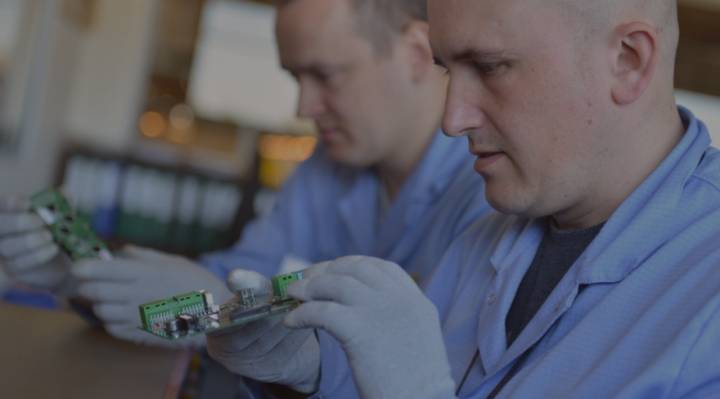Selecting the right contract electronics manufacturing (CEM) partner is a critical decision in the electronics manufacturing industry. Their technical competence fundamentally affects the overall quality, efficiency, and outcome of your electronics project. When defining if an electronics provider aligns with your project's technical requirements, consider the following aspects:
1. Experience and Expertise in Electronics Manufacturing
Assess the potential partner’s industry experience. How many years have they been in operation? Do they have a portfolio of handling projects that are comparable to yours? A long-standing presence in the industry typically connects to a wealth of knowledge and technical insight, which is invaluable for complex and nuanced projects.
2. Technological Infrastructure
Examine the technological possessions of the manufacturer. This assessment should include an evaluation of their manufacturing technology and equipment, encompassing contemporary assembly lines and sophisticated testing tools. The presence of leading-edge technology is indicative of their ability to deliver products with high precision and quality.
3. Managing an efficient Supply Chain
Evaluate the supply chain management competencies. Effective management is marked by established relationships with trustworthy suppliers and a well-oiled logistics system, ensuring timely and cost-effective procurement of components, which is vital for avoiding production bottlenecks.
4. Operational Flexibility and Scalability
Determine the flexibility and scalability of operations. Can they competently manage diverse project demands, from high-mix, low-volume to high-volume production? The ability to adapt to variable project scales is a key concern in choosing a suitable manufacturing partner.
5. Communication and Client Support
Consider the approach to communication and support. A transparent process, joined with consistent support and proactive problem-solving throughout the project lifecycle, including regular updates and responsiveness to inquiries, is critical for a smooth collaboration.
6. Compliance with Industry Regulations
Ensure that the CEM adheres strictly to relevant industry standards and regulations. This is particularly crucial for projects in highly regulated sectors, such as medical or automotive electronics, where obedience to specific standards is mandatory.
7. Robust Quality Assurance
Investigate the quality control mechanisms employed by the company. Certifications such as ISO 9001 are pointers of a commitment to high-quality standards across all operational surfaces. A robust quality assurance is essential for keeping consistency and excellence in product output.
In conclusion, a comprehensive evaluation of technical capabilities is vital for the success of your electronics manufacturing project. Look for a provider that combines extensive experience with advanced technological resources, robust quality systems, efficient supply chain management, operational flexibility, transparent communication, and strict regulatory compliance. This holistic approach ensures that your project is in capable hands, poised for successful execution and delivery.






